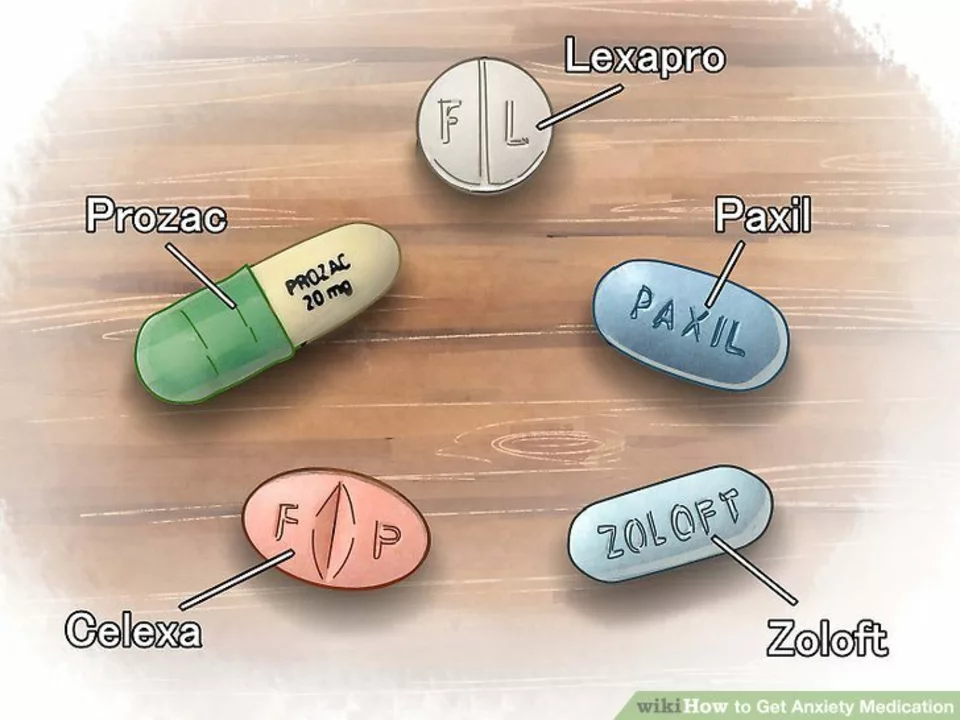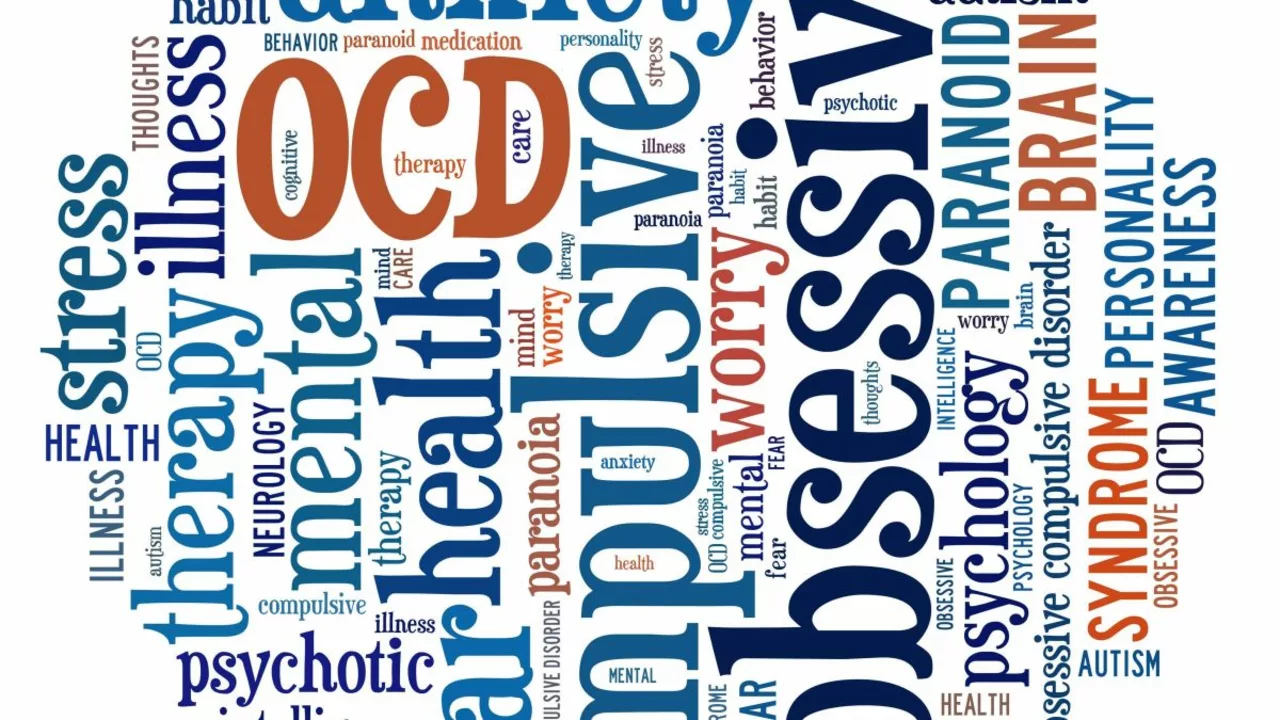Mental Health: Medications, What Helps and What to Watch
About one in five adults deals with a mental health issue each year, and many wonder when medication makes sense. Meds can be lifesaving for anxiety, OCD, and depression, but they work best when paired with clear goals, good monitoring, and realistic expectations.
How medications help
Medications change brain chemistry to reduce symptoms that get in the way of daily life. For OCD, selective serotonin reuptake inhibitors (SSRIs) are often first-line because they reduce obsessive thoughts and compulsive urges. For generalized anxiety, panic, or social anxiety, options include SSRIs, SNRIs, and sometimes buspirone. Buspirone is different from benzodiazepines: it’s not sedating and has a lower risk of dependence. Many people start to feel better in a few weeks, but full effects can take 6–12 weeks depending on the drug and dose.
Each medication brings trade-offs. SSRIs can help a lot but sometimes cause sexual side effects or sleep changes. Buspirone tends to cause mild side effects like dizziness, headache, or nausea for some people, and it usually has minimal impact on weight compared with many other psychiatric drugs.
Practical steps and safety tips
Start treatment with a clear plan. Ask your prescriber: what is the goal, how long before we expect change, and what side effects should I watch for? Keep a short symptom diary—note mood, anxiety level, sleep, and any side effects. That record helps your clinician fine-tune dose or switch treatments.
If you’re a parent considering medication for a child or teen, work with a pediatric psychiatrist when possible. Studies show buspirone can be safe and effective for young people with anxiety when dosed and monitored correctly, but kids need dose adjustments and check-ins more often than adults. Tell the clinician about any other medicines, supplements, or health issues—interactions matter.
Watch for specific red flags: worsening mood or new suicidal thoughts (especially in young people), severe allergic reactions, or sudden changes in behavior. Don’t stop meds suddenly—many need a gradual taper to avoid withdrawal or symptom rebound.
Pair medication with therapy for better outcomes. Cognitive-behavioral therapy (CBT) is a reliable match for anxiety and OCD and often speeds recovery. Add simple lifestyle moves: regular sleep, a bit of daily movement, balanced meals, and cutting back on alcohol and stimulants. These things reduce side effects and boost how well meds work.
If weight change is a concern, talk about it early. Buspirone usually has a small effect on appetite and weight; SSRIs can vary. Track weight and appetite during the first months so you and your clinician can act quickly if needed.
Medication is a tool, not a cure-all. Used thoughtfully—right drug, right dose, regular check-ins, plus therapy and lifestyle—meds can give you back the time and energy to do the things that matter.
Buspirone for Children and Adolescents: Safety, Efficacy, and Guidelines
- Robin Tudge
- June 26, 2023
- 15 Comments
As a parent, I've been researching the use of Buspirone for children and adolescents, and I found some interesting facts. Buspirone is an anti-anxiety medication that has shown promising results in treating anxiety disorders in young people. Studies have found it to be safe and effective, with minimal side effects. However, it's essential to follow the guidelines and work closely with a healthcare professional to ensure proper dosage and monitoring. Overall, Buspirone seems to be a promising option for treating anxiety in children and adolescents when used responsibly.
read moreThe Relationship Between Buspirone and Weight Changes
- Robin Tudge
- May 27, 2023
- 13 Comments
In my latest research, I've delved into the relationship between Buspirone and weight changes. Buspirone, an anti-anxiety medication, has been found to have a minimal impact on one's weight, with some users experiencing slight changes in appetite. It's important to note that these weight fluctuations are typically temporary and often less severe than those caused by other psychiatric medications. Maintaining a healthy lifestyle, including regular exercise and a balanced diet, can help counteract any minor weight changes experienced while taking Buspirone. Overall, it appears that the medication's benefits in managing anxiety symptoms far outweigh any minor weight-related side effects.
read moreThe Role of Medication in Managing Obsessive-Compulsive Disorder
- Robin Tudge
- April 30, 2023
- 13 Comments
As someone who has researched extensively about Obsessive-Compulsive Disorder (OCD), I can confidently say that medication plays a crucial role in managing this condition. Many individuals diagnosed with OCD benefit greatly from taking prescribed medications, which are typically selective serotonin reuptake inhibitors (SSRIs) that help in regulating mood and anxiety. I've found that combining medication with cognitive-behavioral therapy often results in the best outcomes for patients. However, it's essential to remember that each person's experience with OCD is unique, and finding the right treatment plan may take time and patience. Overall, medication is a valuable tool in managing OCD and improving the quality of life for those affected by this challenging disorder.
read more


